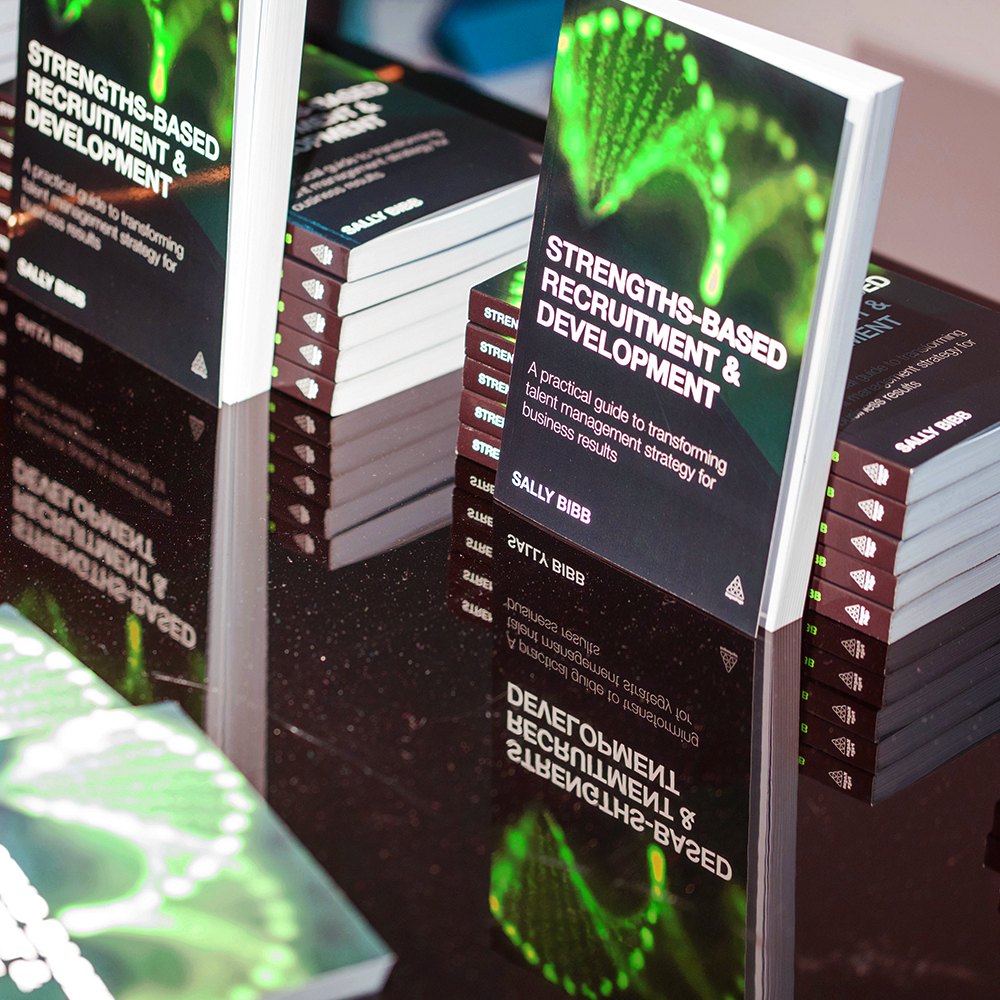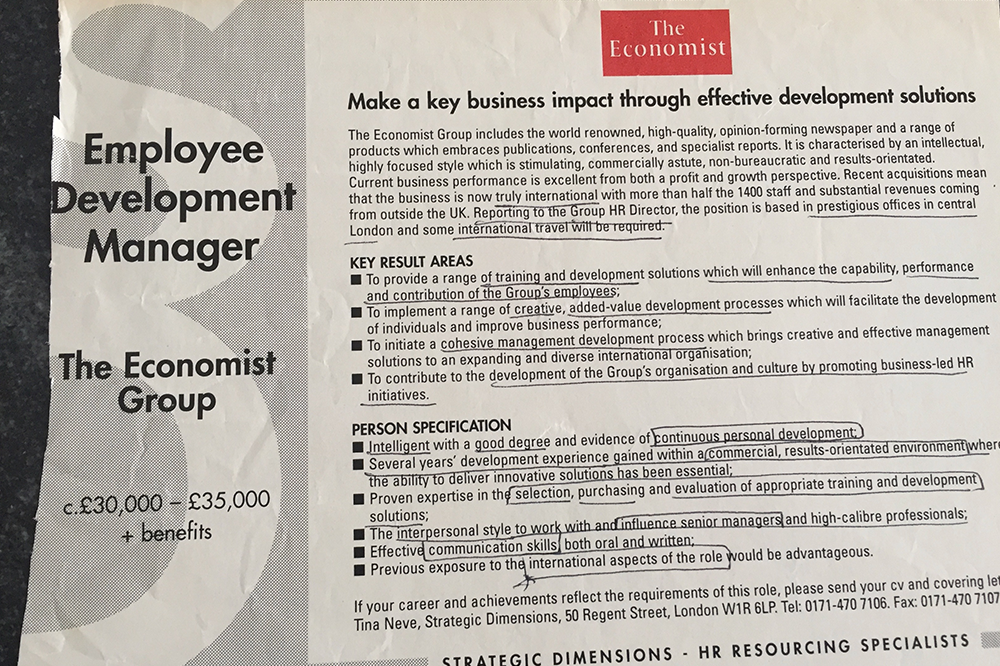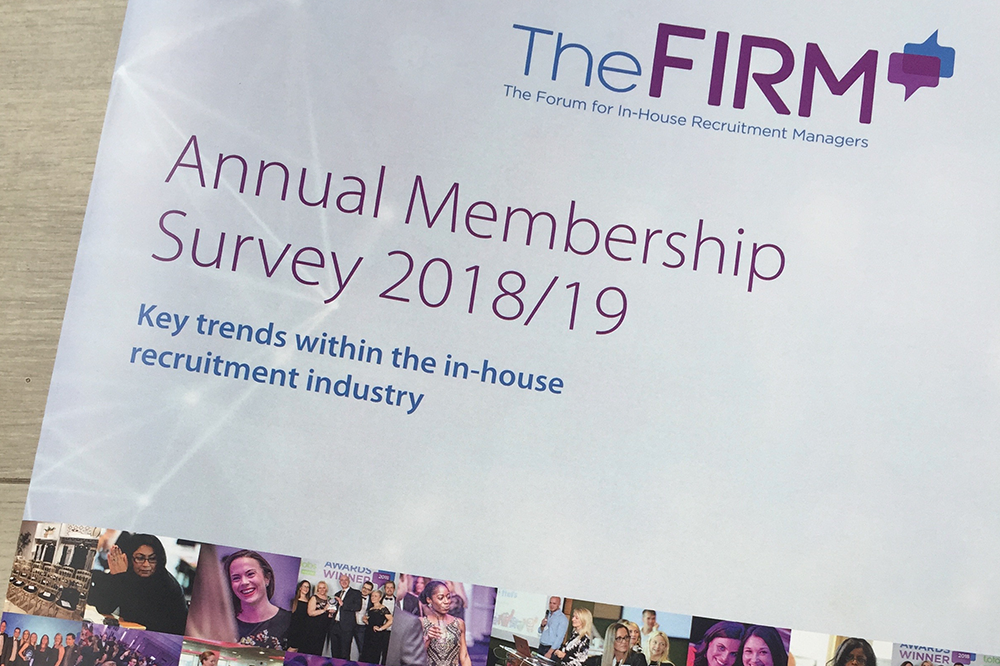
Engaging Minds sponsored The FIRM (Forum for In-House Recruitment Managers) event in Manchester last week. You’re reading the third blog post in a series inspired by presentations and conversations from the day.
Three myths about strengths-based selection:
MYTH ONE: That it leads to the hiring of clones (and therefore is bad for diversity).
Actually the opposite is true. Exemplars in any job share certain strengths (including motivations and values) that make them a good fit for the role. But they also have other strengths and are likely to be a wide range of personality types. So strengths-based recruitment and selection actually leads to more diversity not less.
MYTH TWO: That it can’t be used alongside competency-based assessment.
Actually, for some roles, it’s essential to have both. The strengths assessment tells you whether someone is the sort of person that will thrive in the role. The competency assessment tells you whether they have the necessary knowledge, skill and experience, which, for some roles such as engineers, nurses, lawyers and so on, are obviously important. For other roles there may be no prior knowledge or experience necessary because it can be taught once you’ve hired someone.
MYTH THREE: That the strengths approach ignores weaknesses.
High performance can only occur when someone is playing to their strengths most of the time because they’re a good fit for a job. Think of a football manager. He or she wouldn’t put a fantastic goal keeper into the role of defender. If most of your job allows you to play to your strengths, you’re likely to be good at it and happy in it. That is why strengths-based selection focuses on strengths! It’s also true that we all have weaknesses. We’re human. The question is what are the weaknesses that matter in a person’s job and how can they mitigate them?
In a strengths assessment an assessor is looking to discover whether a candidate has the strengths that are known to make a person successful in that role. It’s not about ignoring weaknesses, rather it’s about emphasising strengths and mitigating weaknesses.
Read the second post in this series inspired by presentations and conversations at The FIRM Manchester 2019: Recruiters, let’s go retro!
Read the first post in this series inspired by presentations and conversations at The FIRM Manchester 2019: Three shocking recruitment statistics.

Sally Bibb’s book Strengths-based Recruitment and Development: A Practical Guide to Transforming Talent Management Strategy for Business Results (for organisations) is available from Bookshop.org worldwide, or from the Kogan Page website.



